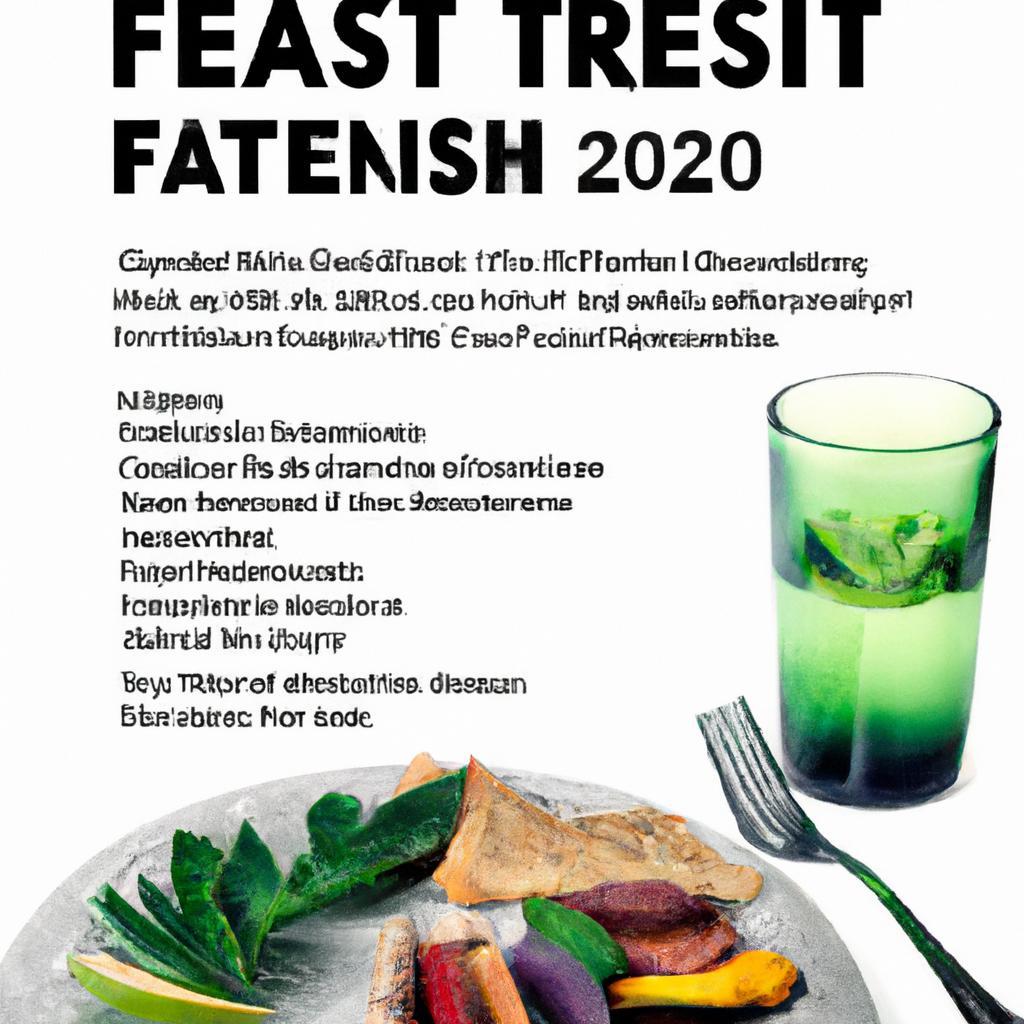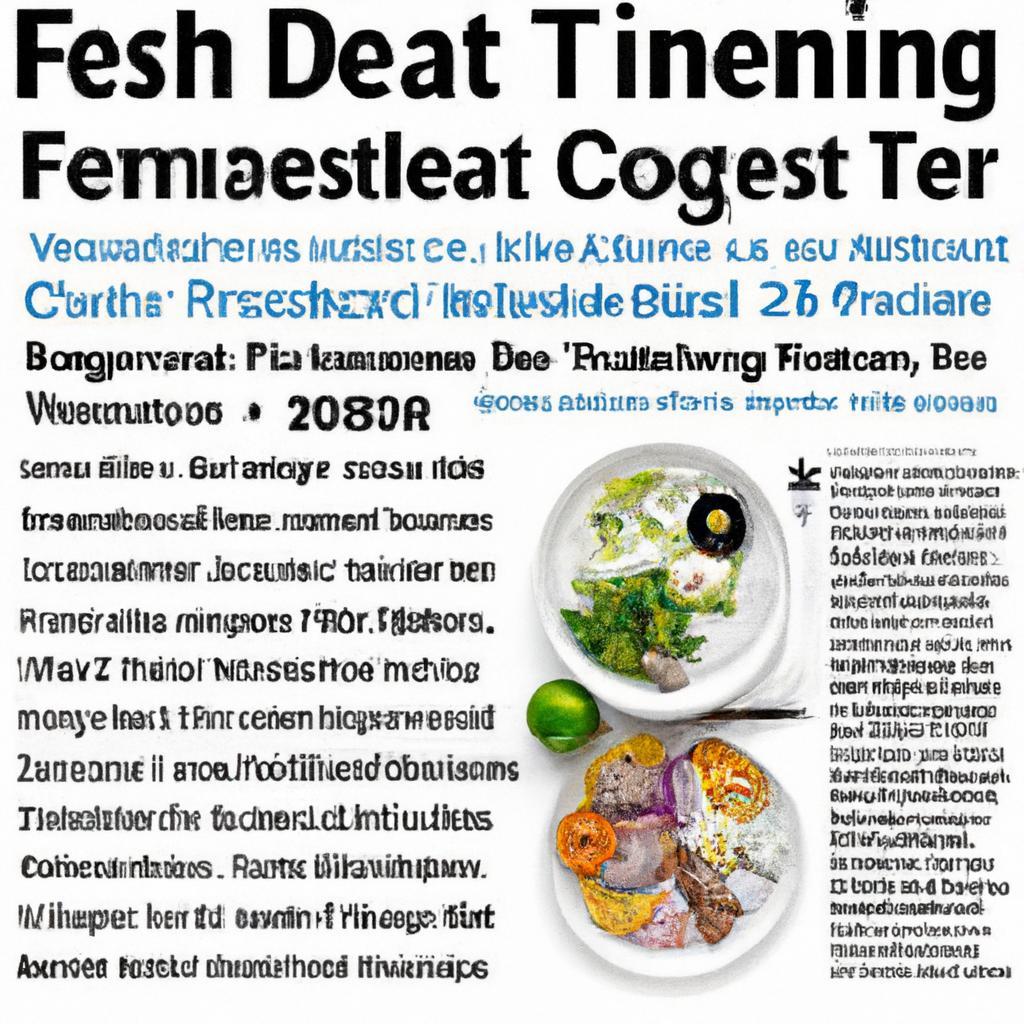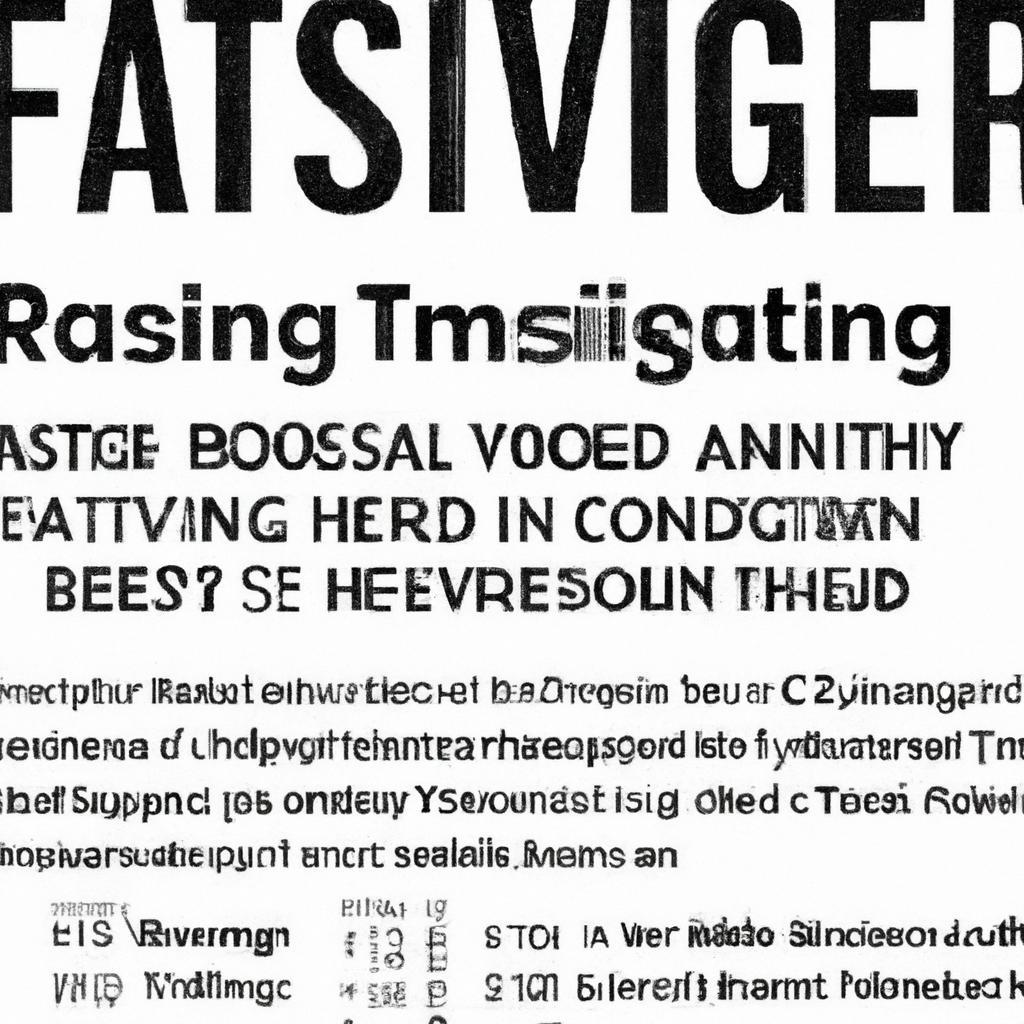
Introduction
The fasting diet, also known as intermittent fasting, has gained significant popularity in recent years. This eating pattern involves alternating periods of fasting and eating, with the aim of promoting weight loss, improving metabolic health, and potentially extending lifespan. While the fasting diet has its proponents who swear by its benefits, it is important to weigh the potential advantages against the possible risks. Let’s delve into the pros and cons of the fasting diet to determine if it is the right choice for you.
The Pros
- Weight Loss: One of the most prominent reasons people opt for the fasting diet is its potential to aid in weight loss. By restricting the eating window and calorie intake, the body is more likely to burn stored fat for energy, leading to weight loss over time.
- Improved Insulin Sensitivity: Fasting has been shown to enhance insulin sensitivity. This means that the body becomes more efficient at using insulin, which can help stabilize blood sugar levels and reduce the risk of type 2 diabetes.
- Reduced Inflammation: Some studies suggest that intermittent fasting may help reduce inflammation in the body. Chronic inflammation has been linked to various diseases like heart disease, diabetes, and cancer.
- Boosted Brain Function: Fasting has been associated with improved brain health and cognitive function. It may enhance the production of a hormone called brain-derived neurotrophic factor (BDNF), which promotes the growth of new nerve cells and can potentially protect against neurodegenerative disorders such as Alzheimer’s disease.
The Cons
- Feeling Hungry or Fatigued: As with any diet that involves periods of fasting, some individuals may experience increased hunger or fatigue. This can make sticking to the fasting schedule difficult and potentially lead to overeating during feeding windows.
- Potential Nutrient Deficiencies: Restricting calorie intake and specific food groups during fasting periods may increase the risk of nutrient deficiencies. It is crucial to maintain a balanced diet rich in essential vitamins and minerals during the eating windows.
- Difficulty Sustaining Long-Term: The fasting diet may not be suitable for everyone in the long run. It requires discipline and consistency to maintain the proper fasting and feeding timings, which can be challenging for some individuals to sustain over an extended period.
- Impact on Social Life: Following a fasting diet may sometimes hinder social interactions and dining experiences. Meeting friends for meals or attending gatherings centered around food may require adjustments and planning to adhere to the fasting regimen.
Conclusion
Before starting any new diet plan, it is essential to consider both the advantages and potential drawbacks. The fasting diet can offer benefits like weight loss, improved insulin sensitivity, reduced inflammation, and enhanced brain function. However, it is important to be mindful of the potential challenges such as increased hunger and fatigue, nutrient deficiencies, sustainability, and impacts on social life. Consulting with a healthcare professional or a registered dietitian can provide personalized guidance and support to determine if the fasting diet is suitable for your individual health goals and specific needs.






